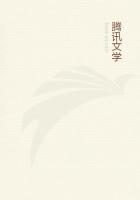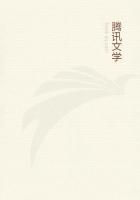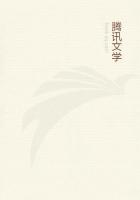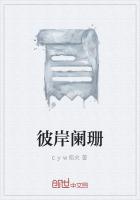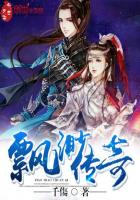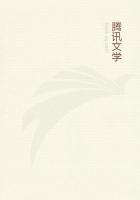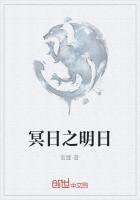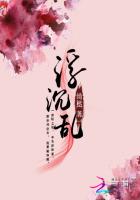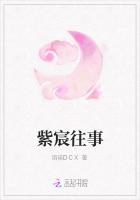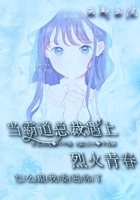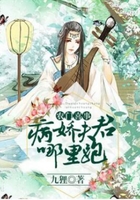Tea is a work of art and needs a master hand to bring out its noblest qualities.We have good and bad tea, as we have good and bad paintings--generally the latter.There is no single recipe for ****** the perfect tea, as there are no rules for producing a Titian or a Sesson.Each preparation of the leaves has its individuality, its special affinity with water and heat, its own method of telling a story.The truly beautiful must always be in it.How much do we not suffer through the constant failure of society to recognise this ****** and fundamental law of art and life; Lichilai, a Sung poet, has sadly remarked that there were three most deplorable things in the world: the spoiling of fine youths through false education, the degradation of fine art through vulgar admiration, and the utter waste of fine tea through incompetent manipulation.
Like Art, Tea has its periods and its schools.Its evolution may be roughly divided into three main stages: the Boiled Tea, the Whipped Tea, and the Steeped Tea.We moderns belong to the last school.These several methods of appreciating the beverage are indicative of the spirit of the age in which they prevailed.For life is an expression, our unconscious actions the constant betrayal of our innermost thought.
Confucius said that "man hideth not." Perhaps we reveal ourselves too much in small things because we have so little of the great to conceal.The tiny incidents of daily routine are as much a commentary of racial ideals as the highest flight of philosophy or poetry.Even as the difference in favorite vintage marks the separate idiosyncrasies of different periods and nationalities of Europe, so the Tea-ideals characterise the various moods of Oriental culture.The Cake-tea which was boiled, the Powdered-tea which was whipped, the Leaf-tea which was steeped, mark the distinct emotional impulses of the Tang, the Sung, and the Ming dynasties of China.If we were inclined to borrow the much-abused terminology of art-classification, we might designate them respectively, the Classic, the Romantic, and the Naturalistic schools of Tea.
The tea-plant, a native of southern China, was known from very early times to Chinese botany and medicine.It is alluded to in the classics under the various names of Tou, Tseh, Chung, Kha, and Ming, and was highly prized for possessing the virtues of relieving fatigue, delighting the soul, strengthening the will, and repairing the eyesight.It was not only administered as an internal dose, but often applied externally in form of paste to alleviate rheumatic pains.The Taoists claimed it as an important ingredient of the elixir of immortality.The Buddhists used it extensively to prevent drowsiness during their long hours of meditation.
By the fourth and fifth centuries Tea became a favourite beverage among the inhabitants of the Yangtse-Kiang valley.
It was about this time that modern ideograph Cha was coined, evidently a corruption of the classic Tou.
The poets of the southern dynasties have left some fragments of their fervent adoration of the "froth of the liquid jade."Then emperors used to bestow some rare preparation of the leaves on their high ministers as a reward for eminent services.
Yet the method of drinking tea at this stage was primitive in the extreme.The leaves were steamed, crushed in a mortar, made into a cake, and boiled together with rice, ginger, salt, orange peel, spices, milk, and sometimes with onions!
The custom obtains at the present day among the Thibetans and various Mongolian tribes, who make a curious syrup of these ingredients.The use of lemon slices by the Russians, who learned to take tea from the Chinese caravansaries, points to the survival of the ancient method.
It needed the genius of the Tang dynasty to emancipate Tea from its crude state and lead to its final idealization.With Luwuh in the middle of the eighth century we have our first apostle of tea.He was born in an age when Buddhism, Taoi**, and Confuciani** were seeking mutual synthesis.
The pantheistic symbolism of the time was urging one to mirror the Universal in the Particular.Luwuh, a poet, saw in the Tea-service the same harmony and order which reigned through all things.In his celebrated work, the "Chaking"(The Holy Scripture of Tea) he formulated the Code of Tea.
He has since been worshipped as the tutelary god of the Chinese tea merchants.
The "Chaking" consists of three volumes and ten chapters.
In the first chapter Luwuh treats of the nature of the tea-plant, in the second of the implements for gathering the leaves, in the third of the selection of the leaves.According to him the best quality of the leaves must have "creases like the leathern boot of Tartar horsemen, curl like the dewlap of a mighty bullock, unfold like a mist rising out of a ravine, gleam like a lake touched by a zephyr, and be wet and soft like fine earth newly swept by rain."The fourth chapter is devoted to the enumeration and description of the twenty-four members of the tea-equipage, beginning with the tripod brazier and ending with the bamboo cabinet for containing all these utensils.Here we notice Luwuh's predilection for Taoist symbolism.Also it is interesting to observe in this connection the influence of tea on Chinese ceramics.The Celestial porcelain, as is well known, had its origin in an attempt to reproduce the exquisite shade of jade, resulting, in the Tang dynasty, in the blue glaze of the south, and the white glaze of the north.Luwuh considered the blue as the ideal colour for the tea-cup, as it lent additional greenness to the beverage, whereas the white made it look pinkish and distasteful.It was because he used cake-tea.Later on, when the tea masters of Sung took to the powdered tea, they preferred heavy bowls of blue-black and dark brown.The Mings, with their steeped tea, rejoiced in light ware of white porcelain.
In the fifth chapter Luwuh describes the method of ****** tea.

